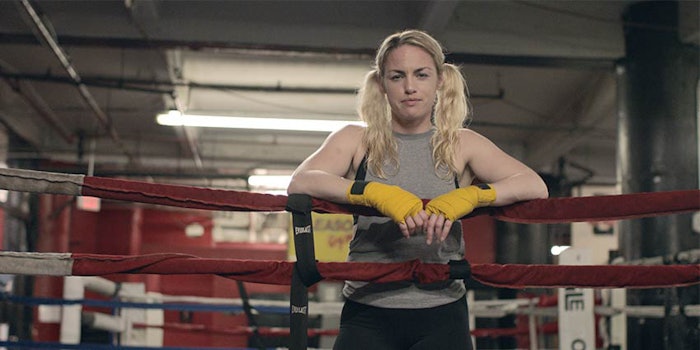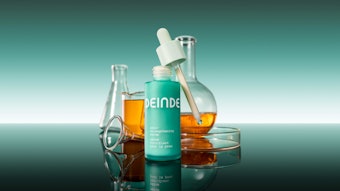
“[Consumers] have a need and desire to be healthier and well, more holistic, more meaningful," said Tamara Rogers, Unilever’s executive vice president of personal care USA, during a recent CEW event.
As such, Unilever has pushed its brands to envelop a “complete person approach,” Rogers said, comprising various elements of wellness. The turning point, for Rogers, was the 2004 launch of Dove’s “Campaign for Real Beauty,” which focused, according to Unilever, on “real women whose appearances are outside the stereotypical norms of beauty.” The ads confronted standards of looks and presented a more inclusive, positive approach to personal care.
"Dove created #MyBeautyMySay because we believe a woman's beauty should not be used to belittle her achievements – instead, her beauty should be celebrated on her terms."
Overcoming Narrow Standards
Now, Dove is upping its commitment with its #MyBeautyMySay campaign, which focuses on real women who self-define their own beauty, regardless of societal norms.
The Dove campaign includes boxer Heather Hardy, who has been told she is too "pretty to fight," fashion blogger Jessica Torres, who was constantly told she should hide her body and couldn't wear stylish clothing because of her size, and gender-free model Rain Dove, who was told her looks were too masculine.
As Dove puts it, "They are all women who refuse to allow other people's judgments of their beauty to hold them back from achieving their full potential."
The campaign confronts society's ubiquitous running commentary and judgement on women's appearance, which Dove says "can limit women and place pressure on them to conform to a narrow standard of beauty."
"Somewhere along the way, it has become the norm to judge women based on their appearance," said Jennifer Bremner, director of marketing, Dove. "Dove created #MyBeautyMySay because we believe a woman's beauty should not be used to belittle her achievements – instead, her beauty should be celebrated on her terms."
Beauty Insecurity By the Numbers
About 70% of U.S. women "want to live in a world where women and girls are judged by what they do and say – and not on their looks alone," according to Dove's research. That same percentage believe they get more compliments about how they look than on their professional achievements at work.
Meanwhile, 80% of women in Dove's research believe every woman has something about her that is beautiful, yet many continue to feel limited by society's judgments of their looks. That same percentage agree that the most beautiful women aren't those born with the most – it's the ones who make the most of what they have.
And 50% of surveyed women with low body confidence admit they don't feel self-assured enough to be assertive in their own life.
No Retouching!
As Dove unveiled its latest self-esteem-focused campaign, Unreasonable Women launched the Retouchers Accord, an oath of ethics and conduct that encourages authenticity and healthy body images in digital alterations of photos.
The firm, which describes itself as "an early stage company focused on product, service, and workplace policy design for women," launched the accord to develop guidelines to foster more healthy representations of people in digitally manipulated photographs.
"The best thing we can do is start a conversation with the various people in the system and map the ranges of what's acceptable and what is not and then get input from the general public."
Unreasonable Women is convening a group of thought leaders and practitioners from retouching, graphic design, editorial, fashion, beauty, wellness and technology to develop the first draft of an oath and guidelines in early August.This will be posted online and open for comments through September.
"Because heavily retouched images do much to promote unattainable ideals and further epidemic levels of body dysmorphia in women and girls, it seemed like an obvious place for us to engage," said Sarah Krasley, founder, Unreasonable Women.
"The plan is not to ban retouching," said Leah Hunter, Unreasonable Women's chief of ethnography. "The best thing we can do is start a conversation with the various people in the system and map the ranges of what's acceptable and what is not and then get input from the general public."










